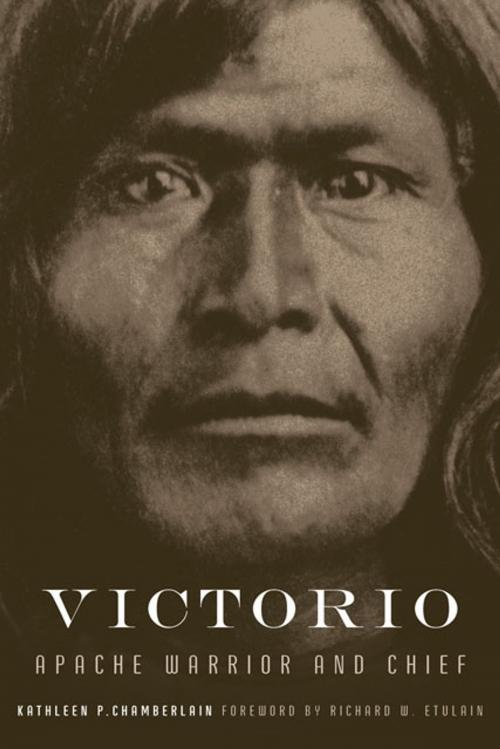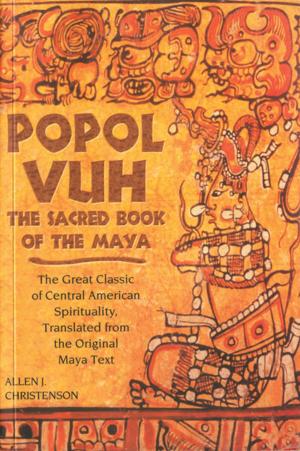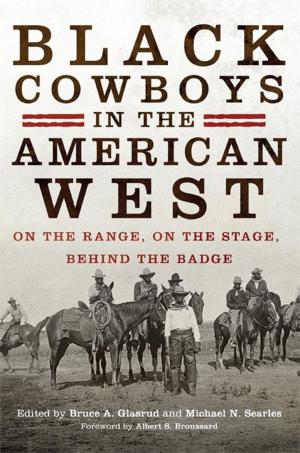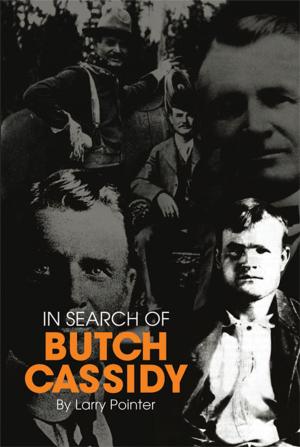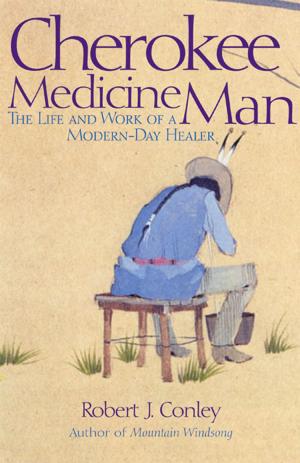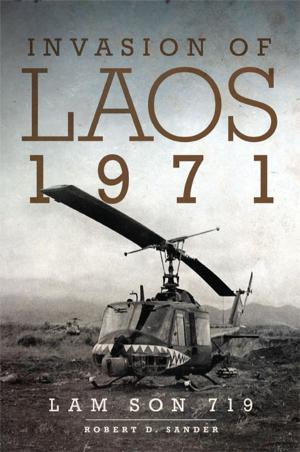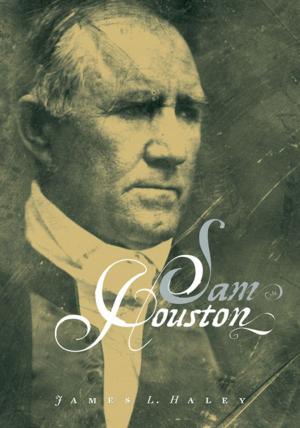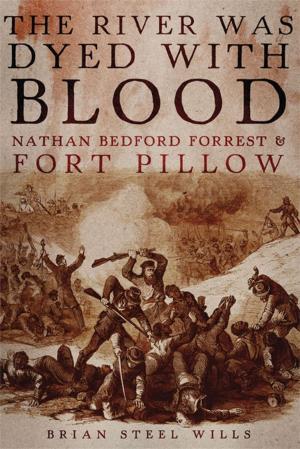Victorio
Apache Warrior and Chief
Nonfiction, Social & Cultural Studies, Social Science, Cultural Studies, Native American Studies, History, Military, United States, Biography & Memoir| Author: | Kathleen P. Chamberlain | ISBN: | 9780806184609 |
| Publisher: | University of Oklahoma Press | Publication: | April 3, 2012 |
| Imprint: | University of Oklahoma Press | Language: | English |
| Author: | Kathleen P. Chamberlain |
| ISBN: | 9780806184609 |
| Publisher: | University of Oklahoma Press |
| Publication: | April 3, 2012 |
| Imprint: | University of Oklahoma Press |
| Language: | English |
A steadfast champion of his people during the wars with encroaching Anglo-Americans, the Apache chief Victorio deserves as much attention as his better-known contemporaries Cochise and Geronimo. In presenting the story of this nineteenth-century Warm Springs Apache warrior, Kathleen P. Chamberlain expands our understanding of Victorio’s role in the Apache wars and brings him into the center of events.
Although there is little documentation of Victorio’s life outside military records, Chamberlain draws on ethnographic sources to surmise his childhood and adolescence and to depict traditional Warm Springs Apache social, religious, and economic life. Reconstructing Victorio’s life beyond the military conflicts that have since come to define him, she interprets his character and actions not only as whites viewed them but also as the logical outcome of his upbringing and worldview.
Chamberlain’s Victorio is a pragmatic leader and a profoundly spiritual man. Caught in the absurdities of post–Civil War Indian policy, Victorio struggled with the glaring disconnect between the U.S. government’s vision for Indians and their own physical, psychological, and spiritual needs.
Graced with historic photos of Victorio, other Apaches, and U.S. military leaders, this biography portrays Victorio as a leader who sought a peaceful homeland for his people in the face of wrongheaded decisions from Washington. It is the most nearly complete and balanced picture yet to emerge of a Native leader caught in the conflicts and compromises of the nineteenth-century Southwest.
A steadfast champion of his people during the wars with encroaching Anglo-Americans, the Apache chief Victorio deserves as much attention as his better-known contemporaries Cochise and Geronimo. In presenting the story of this nineteenth-century Warm Springs Apache warrior, Kathleen P. Chamberlain expands our understanding of Victorio’s role in the Apache wars and brings him into the center of events.
Although there is little documentation of Victorio’s life outside military records, Chamberlain draws on ethnographic sources to surmise his childhood and adolescence and to depict traditional Warm Springs Apache social, religious, and economic life. Reconstructing Victorio’s life beyond the military conflicts that have since come to define him, she interprets his character and actions not only as whites viewed them but also as the logical outcome of his upbringing and worldview.
Chamberlain’s Victorio is a pragmatic leader and a profoundly spiritual man. Caught in the absurdities of post–Civil War Indian policy, Victorio struggled with the glaring disconnect between the U.S. government’s vision for Indians and their own physical, psychological, and spiritual needs.
Graced with historic photos of Victorio, other Apaches, and U.S. military leaders, this biography portrays Victorio as a leader who sought a peaceful homeland for his people in the face of wrongheaded decisions from Washington. It is the most nearly complete and balanced picture yet to emerge of a Native leader caught in the conflicts and compromises of the nineteenth-century Southwest.
